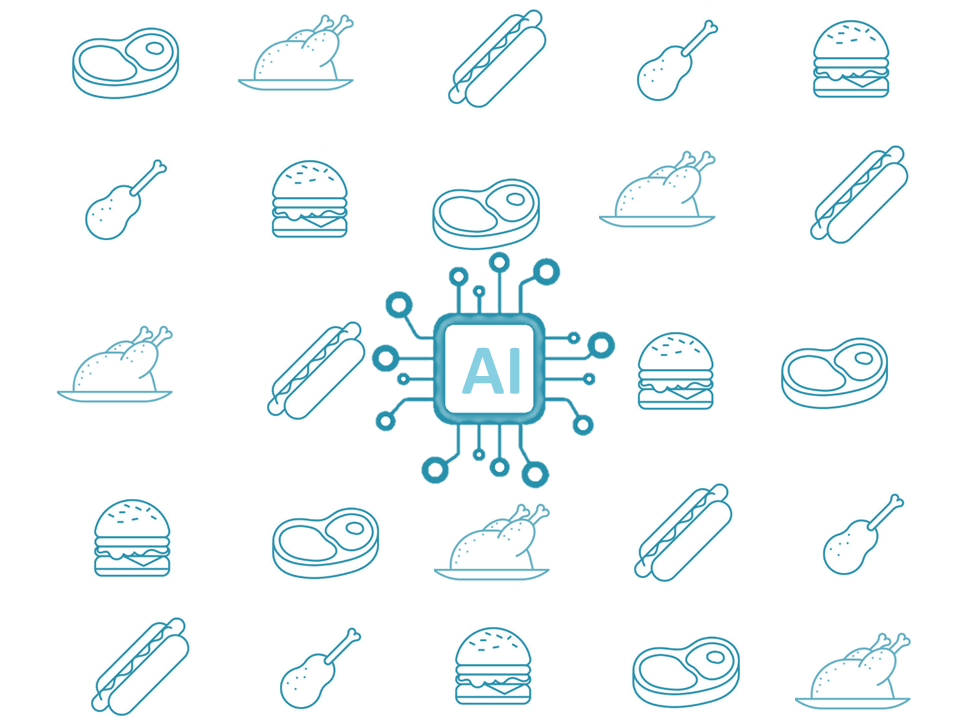Pick Up
1264. AI Opens Up the Possibility of Accelerating Innovation in Food Development

1264. AI Opens Up the Possibility of Accelerating Innovation in Food Development
Feeding approximately 10 billion people by 2050 requires fundamental changes to ensure nutritious and sustainable food for all. Current food systems are inefficient and unsustainable, and traditional attempts at change are too slow to drive innovation at scale.
The potential of artificial intelligence is one of the most controversial topics of the 21st century in all aspects of modern life. Food science is no exception. The power of AI in food science should not be overestimated, but its profound impact on innovation cannot be ignored. A paper published in the journal npj Science of Food examines the strengths, limitations, and potential of AI in the food sector to transform the future of food.
Traditional technologies are limited in their ability to process and analyze vast amounts of data and are too slow to drive innovation at scale. In contrast, AI is increasingly being used to automate and optimize food production systems, improve sustainability and efficiency in land and water use, and predict and reduce food loss and waste. At the individual level, AI can provide dietary recommendations and offer personalized nutritional guidance. And at a global scale, AI can drive structural and systemic change. In the context of food innovation, AI can discover new protein sources, optimize formulations taking into account taste and texture, improve production processes, predict consumer preferences, and create innovative products that mimic the nutritional profile, taste, flavor, and texture of animal-based foods.
At the same time, it is clear that today’s AI systems lack the ability to fully grasp the nuanced social, ethical, and sensory aspects of food, which are deeply rooted in human culture. This is not a general limitation of the technology itself, but a temporary limitation that reflects the current lack of suitable data or the inability to handle big data at scale. Most of today’s AI technologies for food rely heavily on supervised learning based on labeled data and human feedback. As with many other AI applications, a division of labor is possible, where data science experts are responsible for the process of building and pre-training the basic models, and food science experts fine-tune the models to suit their needs.
AI cannot fully replace the human expertise, cultural understanding, and transformative creativity required to transform the food system. But there is hope that through synergistic partnerships with AI, we can build a healthier and more sustainable food future quickly, cheaply, and efficiently, with a precision that is not achievable through traditional trial-and-error approaches. Such advances could significantly improve the resilience of food systems, strengthen food security, and reduce greenhouse gas emissions, thereby contributing to the health of humanity and the planet. The success of the proposed approach depends heavily on the willingness to share results in an open-source manner and to leverage the power of AI to analyze complex data, design solutions, and create new opportunities to democratize food science, discovery, and innovation for a sustainable food future.
(Reference)
Kuhl, E. AI for food: accelerating and democratizing discovery and innovation. npj Sci Food 9, 82 (2025). https://doi.org/10.1038/s41538-025-00441-8
Contributor: IIYAMA Miyuki, Information Program
